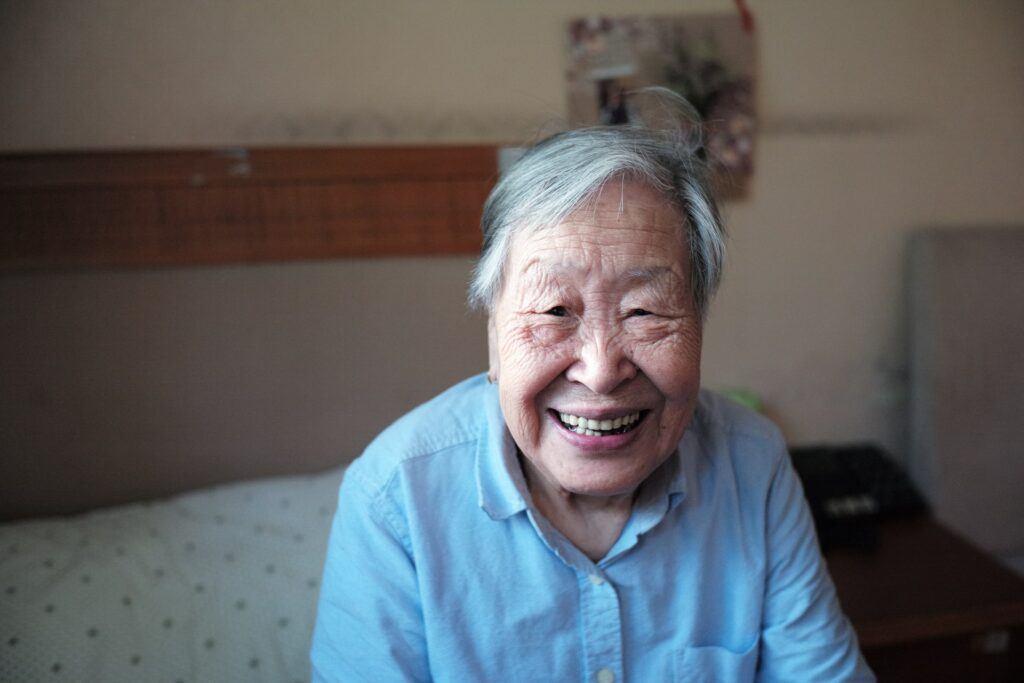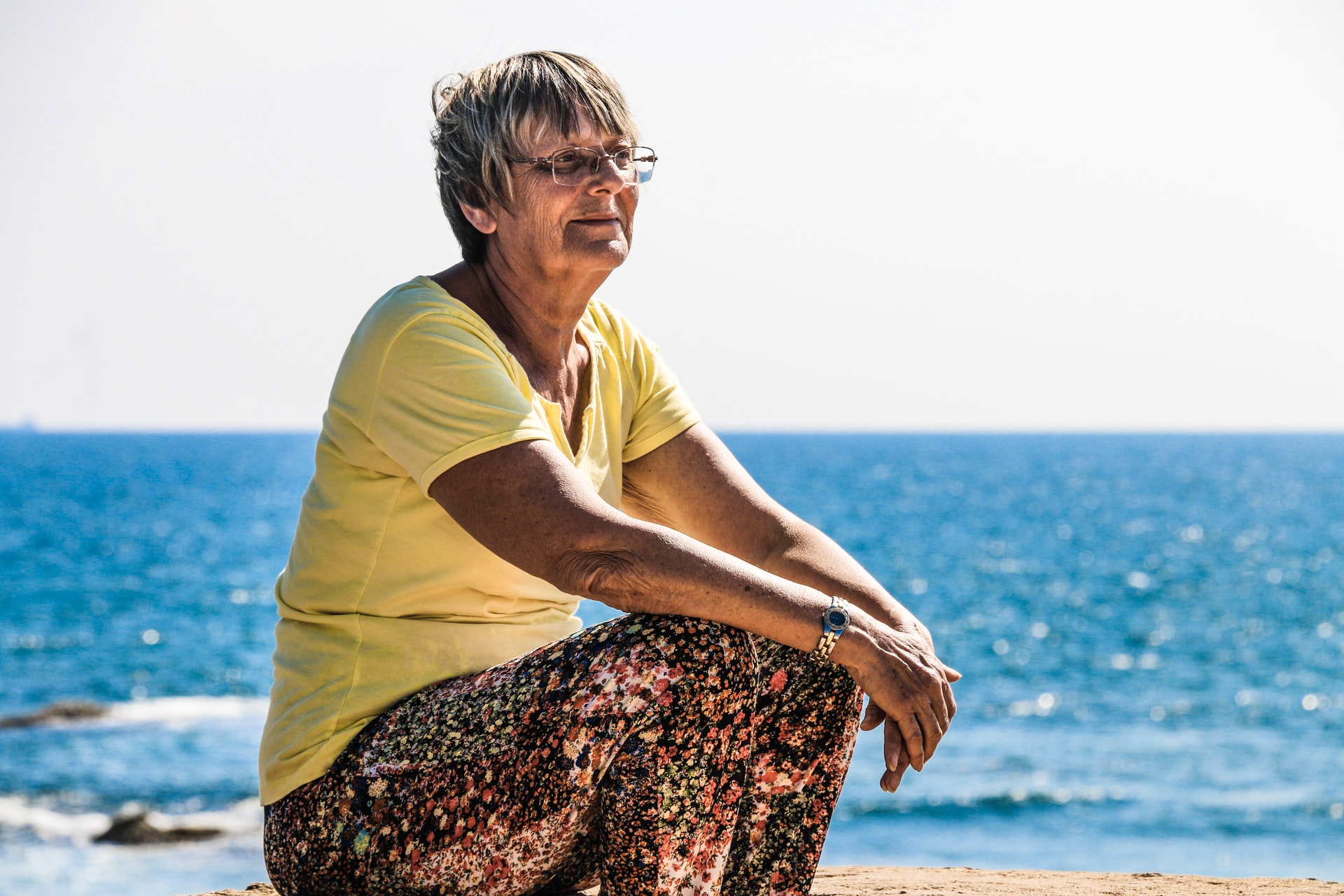After being hospitalized, after a stroke survivors are usually treated in a rehabilitation unit before being discharged. Direct involvement will also assist you in better understanding the recovery process and the road ahead. That’s a wonderful occasion for a homecoming! You’ll be there to offer love and support when they need it, even if they still have a long rehabilitation ahead of them.
The haste to the emergency department, the stress of waiting for doctors to diagnose their health, and the uncertainties of how their lifestyle will change in the future could be plenty to absorb in and digest in a short period of time. When a loved one has a stroke, few things are more stressful and worrying.

Here Are Six Suggestions To Assist You And Your Loved One In Continuing Their Recuperation At Home:
1.Support your loved one’s decisions:
Knowing you’re on their side will encourage them to put out the most effort possible in their rehabilitation.
Pay attention to what they’re saying and back them up. The individual recuperating from a stroke in your life may have special preferences for which rehab programs they want to attend.
2.Continue to practice rehab skills:
This will aid in the long-term maintenance and advancement of mobility, as well as making the transition to home care more manageable. Encourage and assist your loved one in practicing the skills they gained in the hospital once they get home.
3.Attend treatment sessions:
By reinforcing what the rehab professionals are teaching them at home, you can help them make more progress. Observe their growth to determine what they can do independently and what they require assistance with.
4.Educate yourself on stroke rehabilitation:
Take the time to learn about the causes of strokes, the recovery process, and the various rehabilitation choices available.
The Heart and Stroke Foundation of Maryland is a great place to learn about strokes. This will help you gain a better knowledge of the situation and keep your loved one informed about what to expect.
5.Seek for aid from family:
Don’t be embarrassed to ask for assistance. In the long term, you’ll be glad you did. Caregiving involves a lot of time and can take you away from your family, work, and other responsibilities. To give yourself a break, enlist the support of other family members or close friends.

6.Ask a lot of questions:
Take notes and keep track of how your loved one is doing while they heal, but resist the need to push them too hard.
Inquire about the tactics they will employ, how long they expect to take to attain them, and the rehabilitation team’s therapeutic objectives.
We provide on-demand or live-in respite care with certified nursing experts 24 hours a day, 7 days a week. We can assist your family in getting back on track. Our team believes that everyone has the right to recuperate at home from illness or injury.
As the inflammation caused by the stroke subsides, the stroke survivor’s progress should improve significantly. The period of homecare for your loved one’s recuperation can run anywhere from a few weeks to several years.
A great willingness to prioritise patients. We’re concerned about your health! If you require any support, please contact us!

